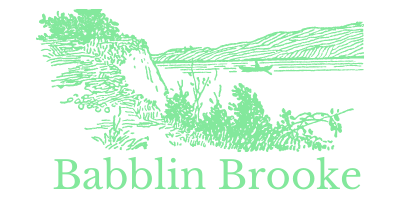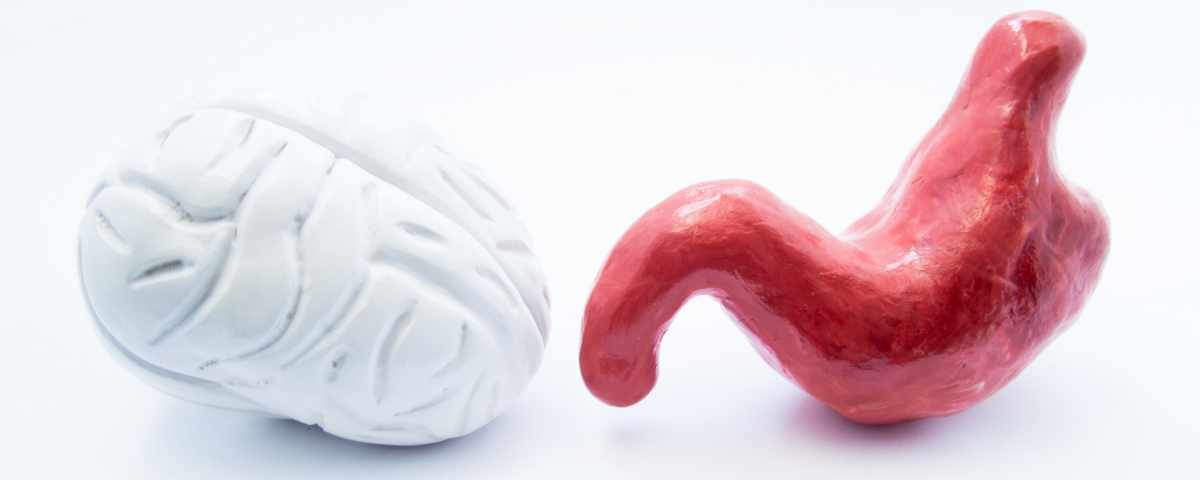It is not easy to explain what a gut-brain axis is. Some believe it’s the immune system. Others believe it is simply a loose connection between the brain and the enteric nervous system part of the gut. Still, others believe it is a loose connection between the microbiome and the brain. One thing that is certain, though, is that there are more links between the gut and the brain than we had realized.
The gut-brain axis serves as the communication system connecting the gut to the brain. It often sends signals that either increase or suppress appetite, contributing to maintaining homeostasis, or internal balance. The gut plays a crucial role in digesting most of our nutrition, registering emotions, and neutralizing free radicals. Additionally, the gut-brain axis impacts some cognitive abilities of the brain.
Keeping your gut healthy is really important for a strong connection between your gut and brain. You can do this by eating a balanced diet that has lots of fiber, probiotics, and prebiotics, and making sure to exercise regularly and manage stress. Also, taking certain supplements, like the herbal ones available for Parasite Cleanse Australia, can help your digestion and make the communication between your gut and brain even better. When your gut is healthier, it can improve how well your brain works, help regulate your mood, and keep your whole brain healthy.
Here are some important roles of the Gut-Brain Axis:
- Food Digestion
The human gut is a complex ecosystem but is of critical importance to the body’s overall health. Post-digestion, the gut (about seven meters long) is tasked with breaking down the food we eat, including bacteria and other bacteria, known as the gut-brain axis.
- Mood and overall well-being
The gut-brain axis, which includes the gut, the brain, and the enteric nervous system, is an intricate network of signaling pathways that all work together to monitor and regulate both the immune system and the nervous system. As a result, it is involved in a wide range of functions, from appetite and appetite regulation to mood and general health regulation. Understanding this axis could contribute to the development of new strategies for the treatment of multiple health conditions, including gastrointestinal disorders and psychiatric diseases like depression and anxiety. In addition to this, children suffering from autism can be treated by the manipulation of gut microbiota (bacteria). Fecal microbiota transplantation for autism (fmt autism treatment) can be given to those children, who find it difficult to have good social communication and have repetitive behavior, under a professional medical expert’s advice. This could be an evident example of the strong connection between gut and brain.
- Health and Wellness
We are all familiar with our gut and its role in keeping us healthy. We’re told that our gut helps us digest food and regulate our appetite and that the billions of microorganisms that live there help us to fight disease. There is a huge connection between your gut and brain health. The gut environment impacts the brain’s circulation, metabolism, and immune response, and the proper functioning of the gut and the brain is critical for optimal health. The gut-brain axis has been shown to be directly affected by stress, diet, and medications, and it is imperative that we learn how to manage this connection for optimal well-being.
The Gut-Brain Axis is a fundamental yet under-appreciated relationship between the gut and the brain. It is a homeostatic connection that governs many aspects of our biology, including the ability to stay lean and healthy. Given its importance in maintaining overall health, it is advisable for individuals to opt for an open MRI in Millburn, NJ or elsewhere. This advanced imaging technology can help identify potential gut-related issues or abnormalities that may influence the delicate balance of the Gut-Brain Axis. Healthcare professionals can use this technology to detect conditions such as inflammatory bowel disease, tumors, or other gastrointestinal disorders that might impact the symbiotic relationship between the gut and the brain. By proactively addressing these issues, individuals can take a stance in preserving not only their digestive health but also the intricate connections influencing their overall well-being.
Keep in mind that in a typical day, the gut and brain communicate via the vagus nerve, a coordinating pathway that connects the gut to the brain. In the past, this pathway has largely been viewed as an energy-saving measure that allows the gut to send its signals to the brain without physical energy being expended. However, recent research has shown that the vagus nerve also plays an active role in communication between the gut and brain. There seem to be significant benefits in stimulating the vagus nerve and keeping it balanced, including improved gut health and naturally, improved physical health. While traditional methods like meditation and yoga can balance your vagal tone, there are also devices like this transcutaneous vagus nerve stimulator which can help with the same.
The gut-brain axis is an exciting new idea in the field of neuroscience. It is a simple concept, and yet it holds many implications. In short, the gut-brain axis is the interaction between the gut and the central nervous system. It is thought to play an important role in our health and well-being.
Many people think that being healthy is about following a strict diet and exercise regimen. Training the heart and muscles is indeed important, but the gut-brain axis-which controls our mood, appetite, and metabolic function-also impacts our overall health. When the gut and brain aren’t getting along, we may feel starved and fatigued. Gut health is an important factor to consider when taking care of your health, as the gut is home to over one hundred trillion microbes, which are critical players in the immune system and metabolic processes throughout the body. The gut microbiota is comprised of trillions of bacteria, viruses, fungi, and other microorganisms, collectively known as the microbiome.






Leave A Comment